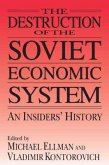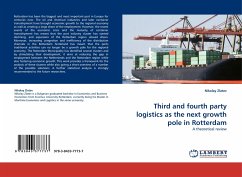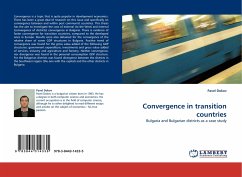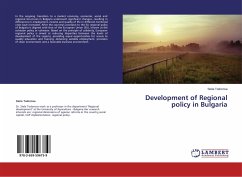The economy of Bulgaria is an industrialised, open free market economy with a moderately advanced private sector and a number of strategic state-owned enterprises. Bulgaria is classified as an upper-middle-income country by the World Bank. The economy declined dramatically during the 1990s with the collapse of the COMECON system and the loss of the Soviet market, to which the country had been closely tied. The standard of living fell by about 40%, and only regained pre-1989 levels by June 2004. In addition, UN sanctions against Serbia (1992-95) and Iraq took a heavy toll on the Bulgarian economy. The first signs of recovery emerged when GDP grew 1.4% in 1994 for the first time since 1988, and 2.5% in 1995. Inflation, which surged in 1994 to 122%, fell to 32.9% in 1995. During 1996, however, the economy collapsed due to the Bulgarian Socialist Party's slow and mismanaged economic reforms and an unstable and decentralized banking system, which led to an inflation rate of 311% and the collapse of the lev.
Bitte wählen Sie Ihr Anliegen aus.
Rechnungen
Retourenschein anfordern
Bestellstatus
Storno








